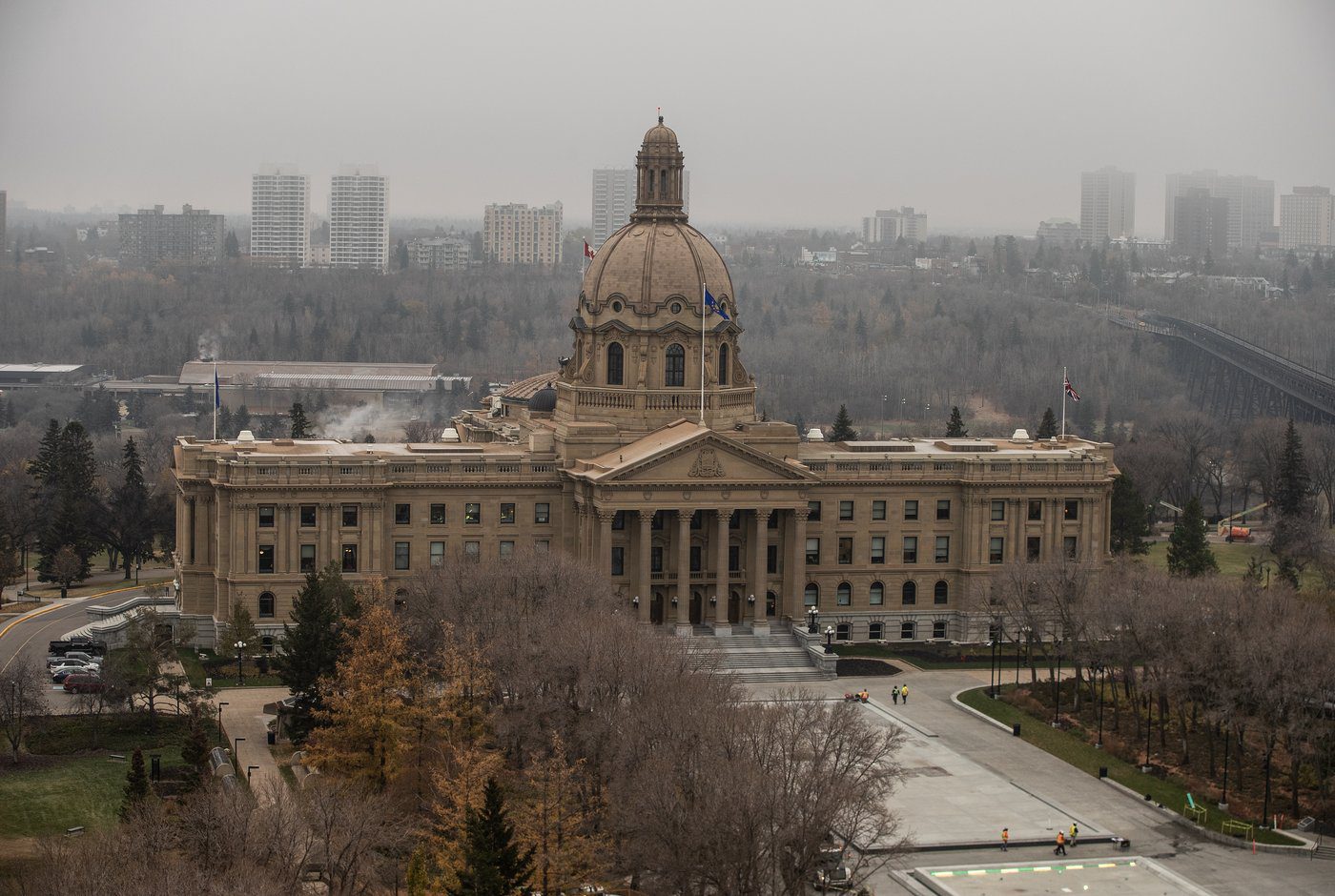EDMONTON — Critics are questioning what problem the Alberta government’s move to add mandatory citizenship markers to provincial identification aims to solve, and say it opens the door to potential privacy breaches and discrimination.
Alberta Premier Danielle Smith said Monday the move is all about streamlining services and preventing election fraud.
Zool Suleman, a Vancouver-based immigration lawyer, said the United Conservative Party government’s impetus is unclear, and all Canadians should be worried about an increasing “creep” that forces the disclosure of more personal information.
“There’s some kind of hovering fear which some people are inflaming, which is that there are people who are voting who are not supposed to vote, or there are people accessing services they’re not supposed to access,” he said in an interview.
“This kind of fomenting of fear is then remedied by having tighter and tighter identification requirements and exposing more and more about who you are on these identification documents,” he said.
The change comes as Smith’s hand-picked Alberta Next panel continues its tour of the province seeking support for measures meant to push back against federal policies and programs. One proposal is for Alberta to create its own provincial immigration system and withhold social services from newcomers who aren’t approved.
Suleman said the government needs to be very careful that the new rule doesn’t become a way to target newcomers or people with temporary status.
“We already have identification to prove if you’re a Canadian citizen. Millions of Canadians already have this identification. It’s called a Canadian passport or a Canadian citizenship card or a birth certificate in a Canadian province,” said Suleman.
While proof of citizenship, residency status, or even refugee status are generally accepted as part the application process for social programs in Alberta, non-Canadian citizens, including permanent residents, would not have any new notation on their Alberta IDs.
Suleman worried that once authorities get used to seeing Canadian citizenship status on a document like a driver’s licence, it can be used by other agencies to try to target people who are not Canadian citizens.
“The absence of information on a card becomes a means by which to profile people,” he said.
Service Alberta Minister Dale Nally said adding citizenship markers to driver’s licences and other forms of ID won’t lead to discrimination.
“This is pure and simple about putting citizenship on driver’s licences to make it easier when applying for benefits or citizenship entitlements,” he said Monday.
He also said the aim is to ensure Albertans don’t have to carry around so many identification cards.
Legislation is to be put forward this fall to make the changes, which the government said would come into effect next year.
Opposition NDP immigration critic Lizette Tejada has said the UCP government has not been able to provide clarity on why the change is necessary.
Elections Alberta confirmed Monday that it issued three reprimands related to ineligible voting since the last provincial election in 2023.
Alberta health card numbers are also to be added to drivers’ licences.
Smith said the province has registered just over 530,000 more Alberta health care numbers than there are people in the province and adding the numbers to drivers’ licences should help determine which are “outliers.”
Health officials say some of the discrepancy in numbers may be explained by individuals who have moved to other provinces or territories but have not yet cancelled their Alberta coverage, or by Albertans who have passed away outside the province without the department being notified.
It has also said there is some evidence, based on medical claims, that some former residents continue to use their Alberta health cards.
This report by The Canadian Press was first published Sept. 16, 2025.
Lisa Johnson, The Canadian Press





